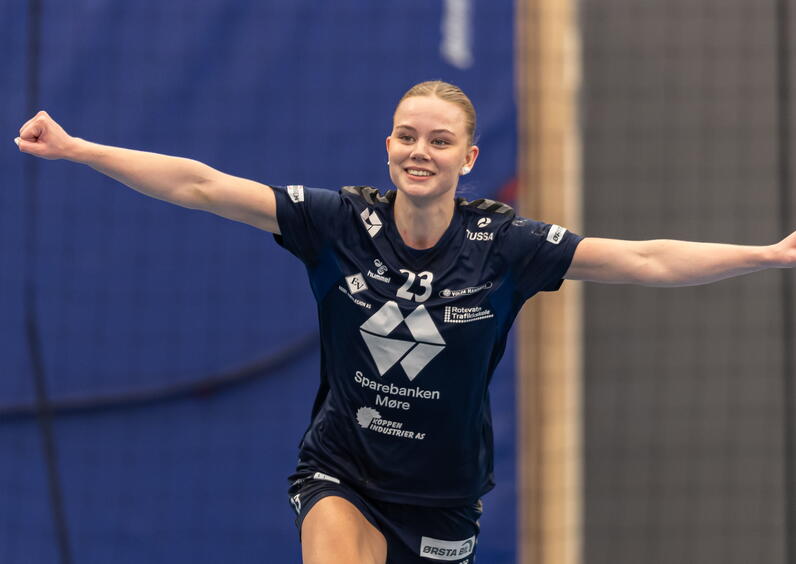Master in Media Practices opens up a world of possibilities
In the unique Master in Media Practises (MMP) – The media disciplines journalism, PR and communication, media design, animation and media production all meet in a practical/theoretical masters' degree program.

In the unique Master in Media Practises (MMP) – The media disciplines journalism, PR and communication, media design, animation and media production all meet in a practical-theoretical masters' degree program. The connection with work life is essential, and now international players approach Volda for practice cooperation.
MMP is an international study were all courses are taught in English. Recruitment from abroad is as important as domestic, and this year the international students make up the majority of the program – for the first time since this masters' degree was introduced in 2019. Several continents are represented, among them Germany, Pakistan, Bangladesh and the Phillipenes, to name a few.
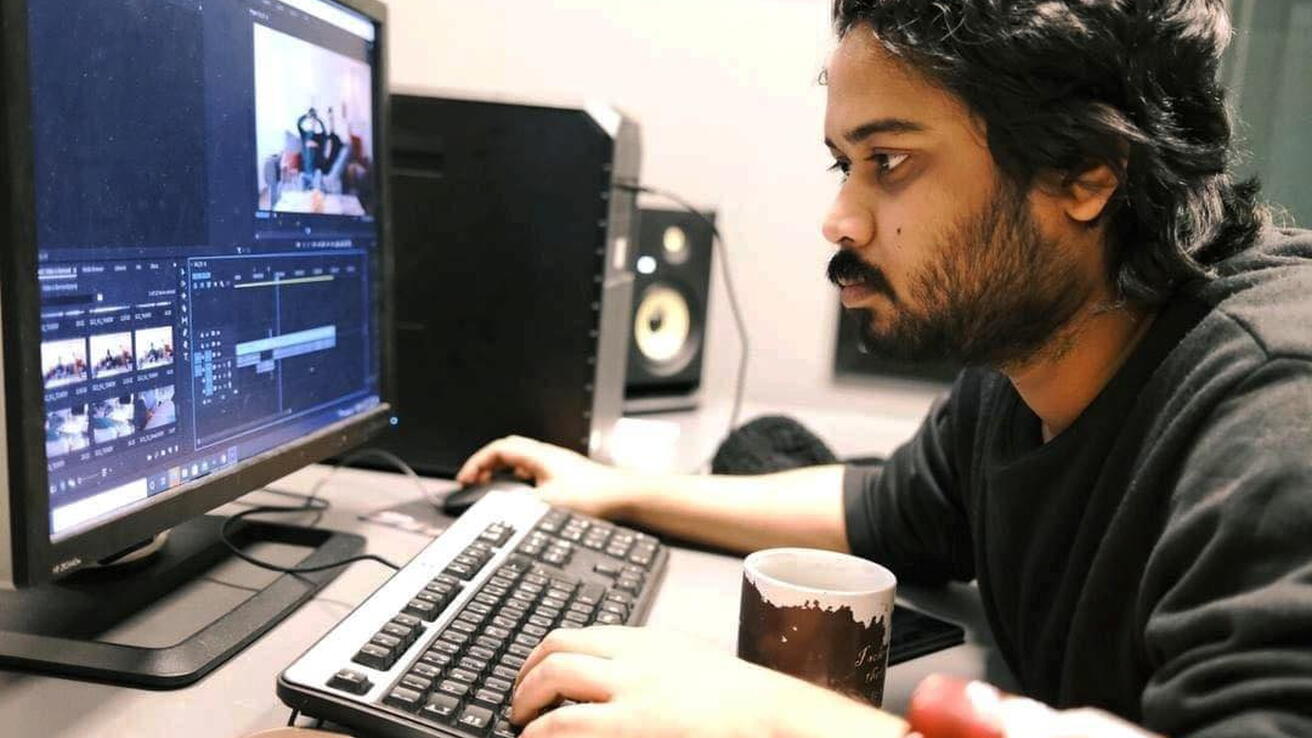
Credit: Yun Sun
The only place in Norway
Volda University College is the only higher education institution in Norway to offer a practical-theoretical media master program, were the different media disciplines converges. This gives already skilled media graduates unique opportunities to excel and develop their competence and stand out in the work market, says Lars Julius Halvorsen from Department of Media at VUC.
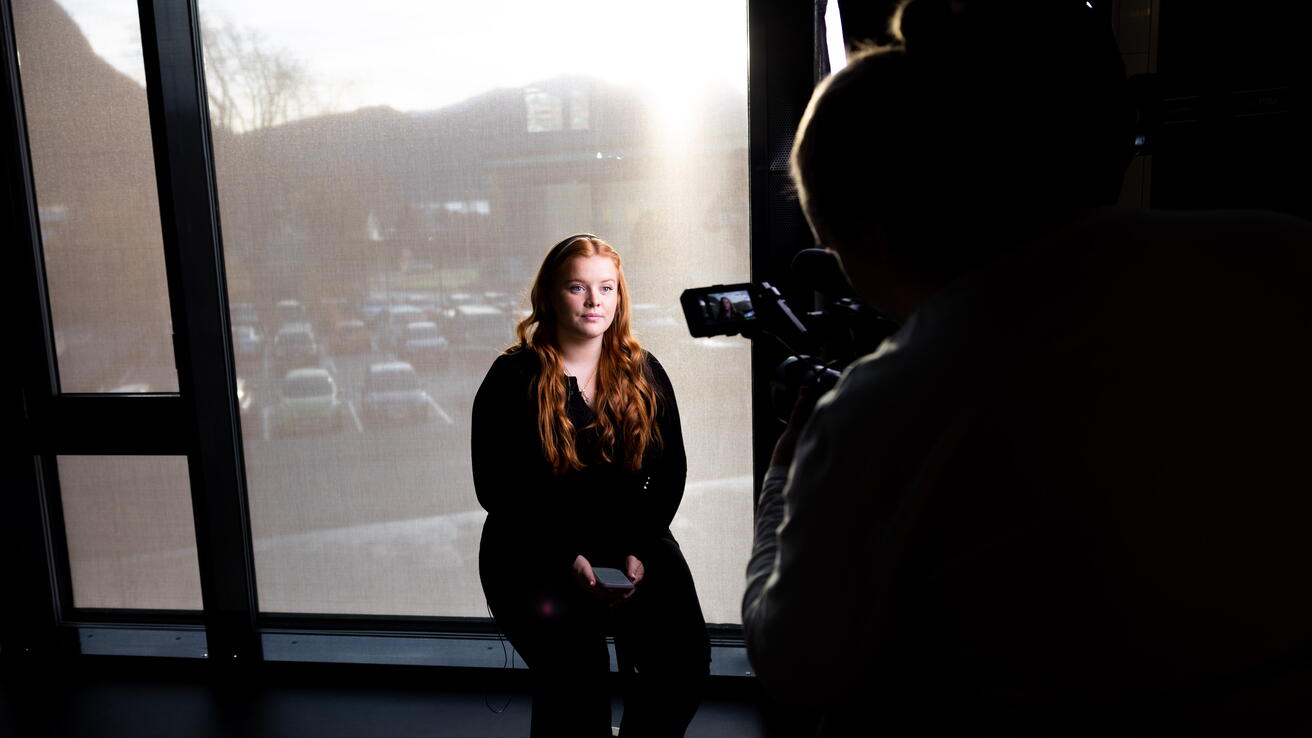
Credit: Karl A. Swanstrøm
Working closely with business and research
– We're working closely with businesses and external players during the course of study. Last year we worked with everything from research dissemination to promotional and commercial film production, says Dag Roland, college lecturer at Media Studies.
This year the partnership is more international through a new deal with the Norwegian state owned energy company Statkraft;
– This is the first year we've had a comprehensive partnership with such a big player in the work market, and this is something that would greatly benefit the students. Statkraft has come here to discuss completely new issues with the students which are relevant here and now, says Roland.

Guided tour at Statkraft plant. Credit: Dag Roland
Looking for new markets: – Completely dependent on media knowledge
Knut Fjerdingstad is working as press relations and media manager at Statkraft. The company is fully owned by the Norwegian state and their main purpose is to manage Norway's power and energy resources while they also are heavily invested abroad.
Today they are the biggest producer of renewable energy in Europe and consists of 4000 employees. Knut was the one who took the initiative to cooperate with Media Studies at Volda University College and its the first time the company cooperates with an educational institution on the field of study.
– Traditionally, we've looked to recruit engineers and economists and lately from branches such as HR and Computer Science. We now face the reality that we need skilled communicators and media people as well. We discovered that the public had little knowledge about us and what we do. This is something we wanted to change and last year we commenced a new communicational campaign, 'The Future Decides' which will run for two or three years, says Knut.
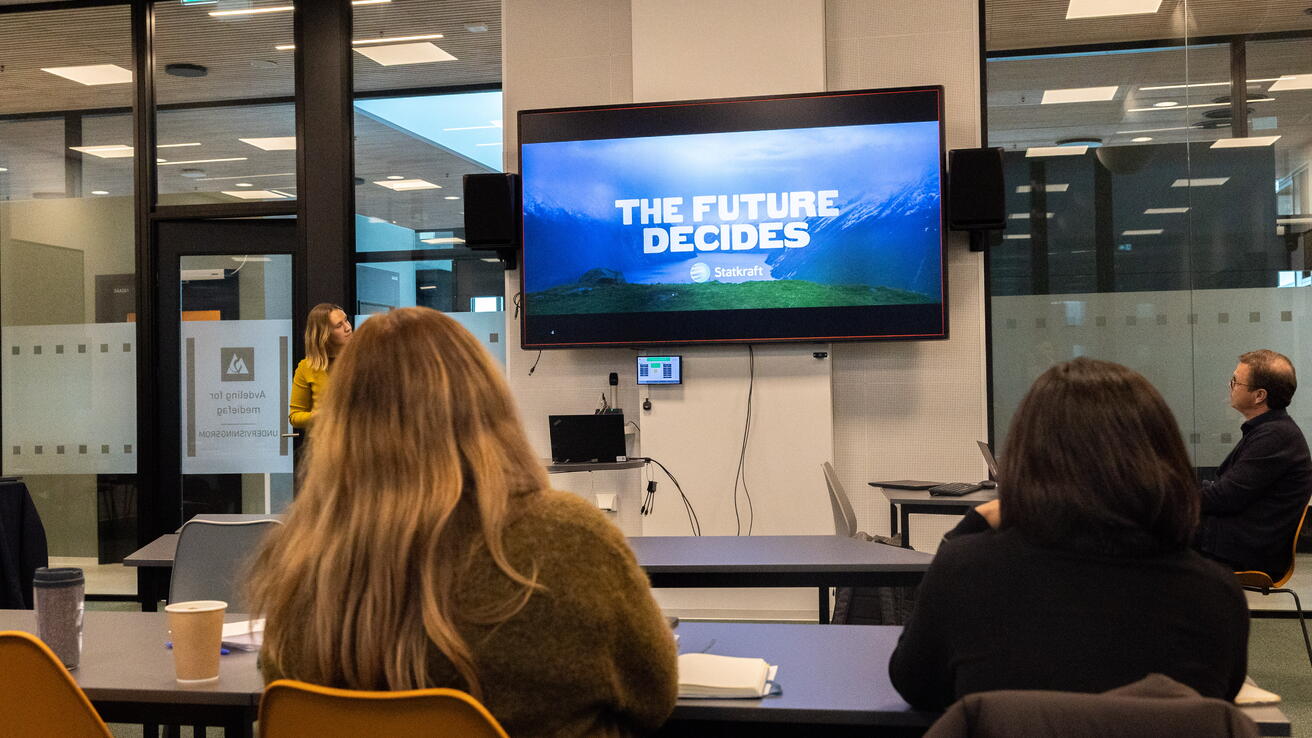
Increased internationalisation
Stine Rotnes works as Campaign Advisor at Statkraft. She is optimistic on behalf of the students at MMP and especially towards the internationals.
– The fact that Statkraft is heavily involved internationally and in many of the students local markets makes this both exciting and relevant for them. This is also about cultural meetings and knowledge in how the world works outside our offices.
Her colleague Knut is also keen to talk about increased internationalisation both in education and work life.
– Simply said, we Norwegians has traditionally been concerned by domestic affairs with a belief that the world spins around Norway as the hub. It doesn't work that way, says Knut and adds;
– Luckily we got a few things to contribute with, like competence, resources and experience with renewable energy. This is something we'd like to take with us abroad, knowing that some of the students here has barely seen an electric wind turbine. We know that this is slowly changing, but the main power consumption in the world is still based on fossil energy in some way or another, he says.
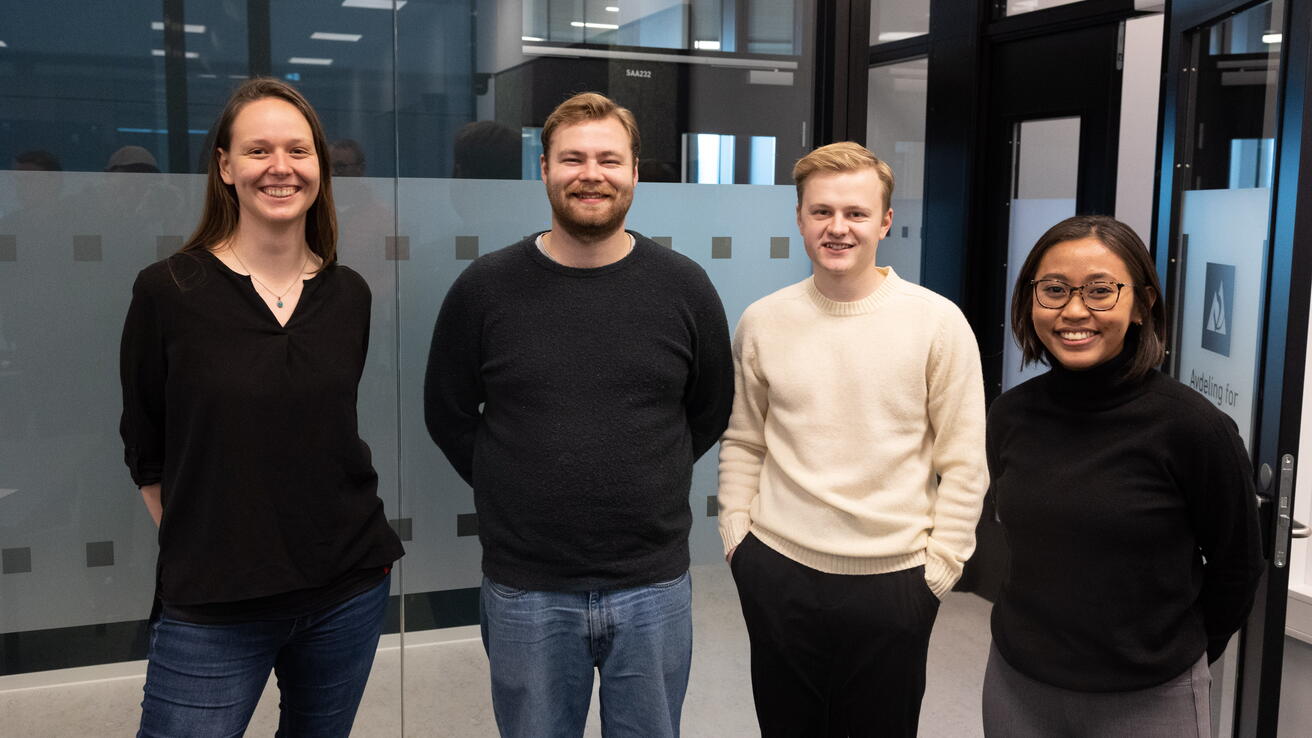
MMP-Students Line, Eirik, Markus and Pearl. Credit: Karl A. Swanstrøm
Looks ahead for external practice
Line and Pearl are from respectively Germany and the Philippines, and they are delighted that they'll have the chance to work with bigger companies. They also like the fact that their competence is sought after.
– I didn't have any expectations to such a comprehensive practice when I arrived here, Line says.
– I thought we maybe would make an advertisement for a local bakery or such. I wouldn't even dreamt of cooperating with such an internationally recognised energy company, she says.
In Germany, renewable energy is a hot topic right now. We've shut down all of our nuclear power plants and are investing heavily in green energy, but this comes with a cost as well, Line says.
Pearl is more reserved when discussing renewable energy in her home country.
– Climate change is something that influences the Philippines greatly with warmer weather, more rain and big typhoons, but sadly not our politics at this point. The public is more concerned about pressing matters such as poverty, Pearl says and continues;
– I would love to see a change, but it's difficult at the time.
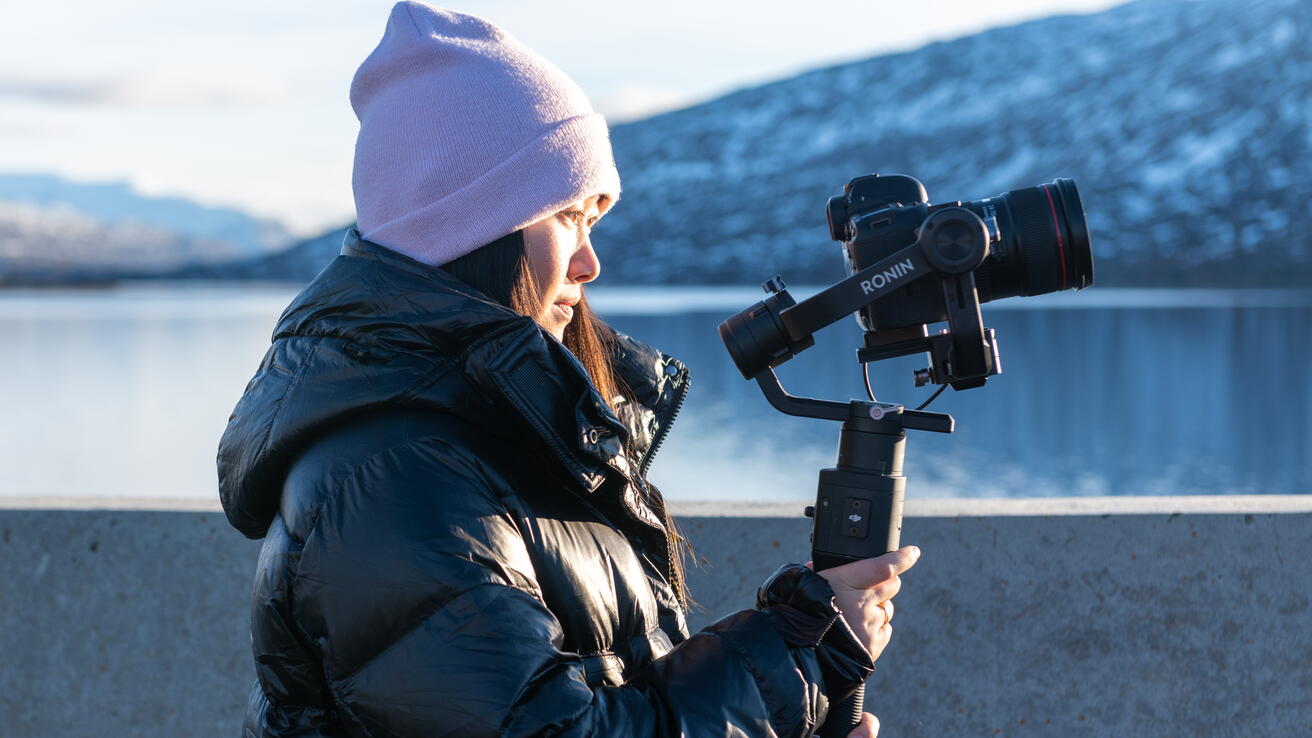
Credit: Dag Roland
It's great working with realistic cases
The students looks ahead to work with external practices. Eirik and Markus has decent knowledge about Statkraft already and are pleased that VUC has recognisable partnerships.
–To work with realistic and relevant business cases in practice is of great value to us, the master students concludes.



